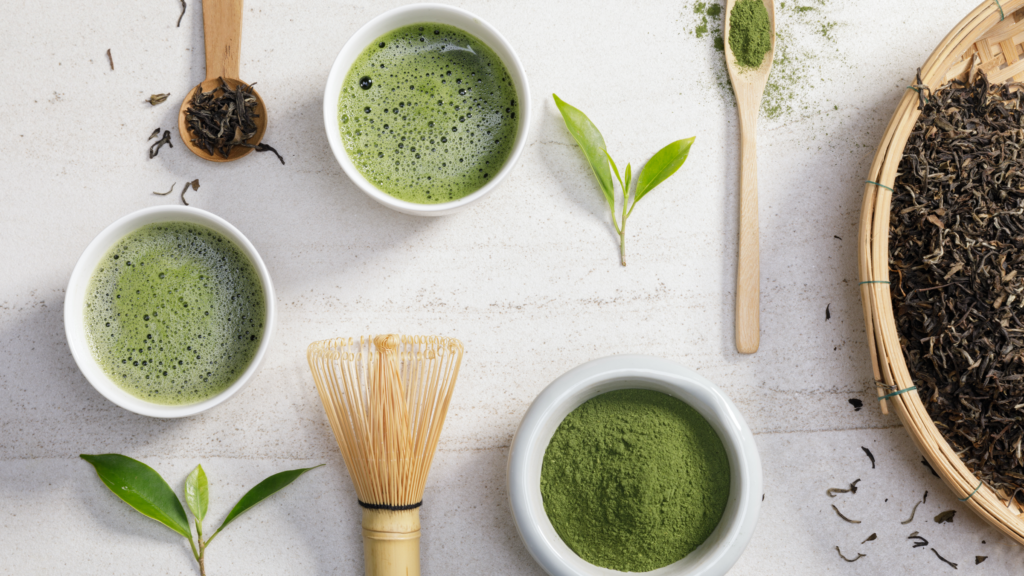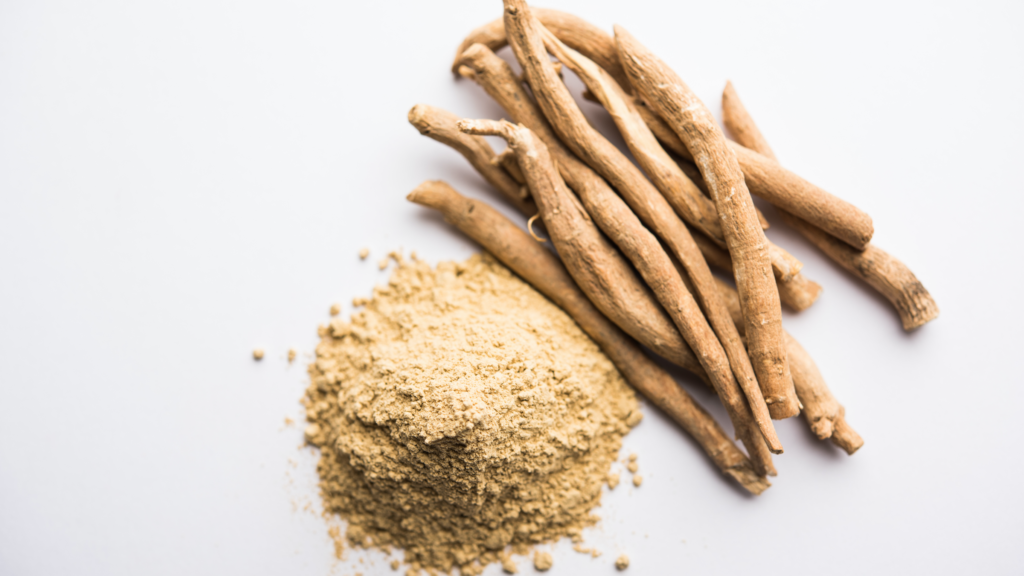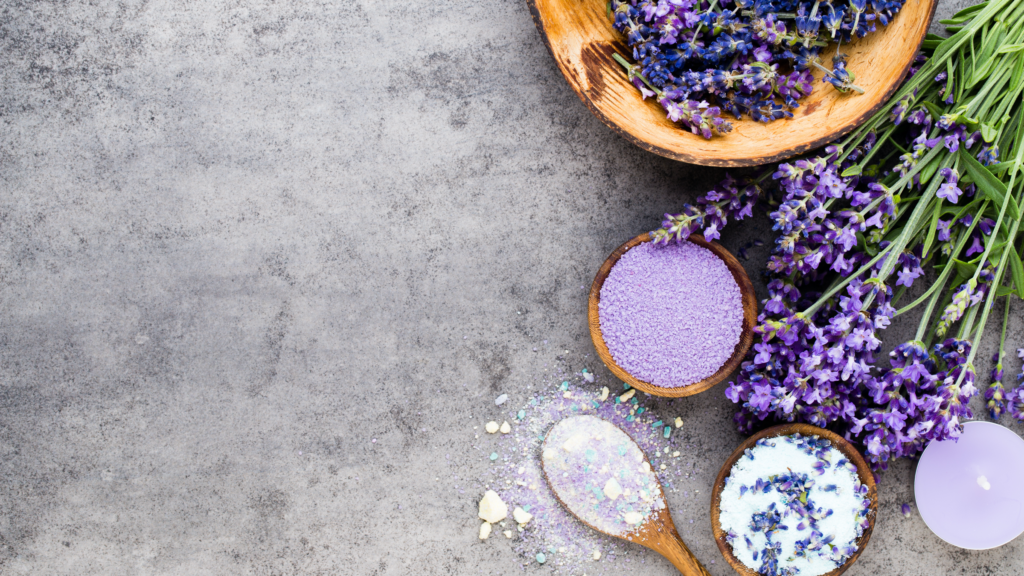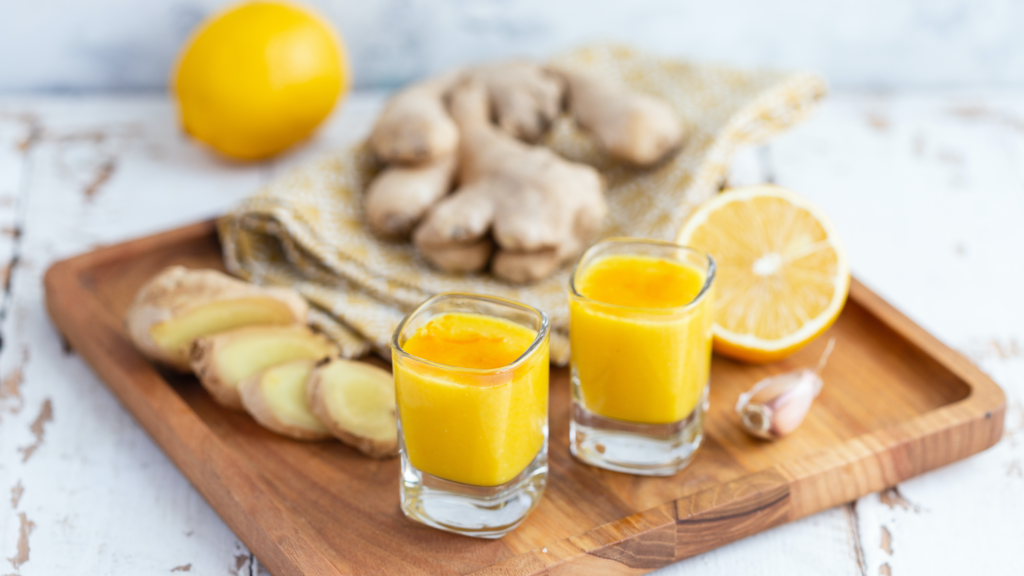Feeling the burn on daily stress? These five ingredients can help.
Right now, it seems like stress is just a part of life. Taking care of kids, working hard on our careers, and paying the bills – not to mention current world events – can put us in a daily pressure cooker if we’re not careful.
While stress levels fluctuate with changing conditions, and even though some days even reducing stress might seem like more of a pipe dream than an actuality, it doesn’t mean we have to become victims. And we certainly don’t need to simply sit back and take it.
There are a few things you can do to reduce stress right now. Spending a few minutes deep breathing, for example, can drastically reduce feelings of stress. Getting plenty of rest at night and regular exercise can also take stress levels down a notch or two.
But few of us actually consider the effects that diet can have on our stress levels. We are what we eat, and food can help our stress levels either go up or down (down is better). If you’re feeling frazzled, it’s a good idea to take inventory of your diet because food might be playing a bigger role in your stress levels than you think.
So which foods reduce stress? That’s what we’re here to help you find out.

L-Theanine
It’s widely known that tea can have a calming, relaxing effect on the body. In its caffeinated form, it’s a better alternative to black coffee in the morning. And a nice decaffeinated tea is the perfect way to wind down during the day. But what’s at the heart of tea’s calming properties? An anxiolytic called L-Theanine. L-Theanine is found in tea leaves and some mushrooms, and it comes with a number of health benefits. It also has positive effects on the brain, including promoting a greater sense of relaxation and lower stress while also promoting healthier, sustained energy without overstimulation. From promoting cognitive performance, to aiding in focus and mental acuity, there’s a lot to love about L-Theanine.*

Ashwagandha
Ashwagandha, “most commonly known as Indian ginseng,” is an ingredient used for centuries in ayurvedic medicine. Ashwagandha is a small shrub that you can find in India or North Africa – or your local natural food store if that’s more convenient. It’s also an adaptogen, which means Ashwagandha can help your body manage stress by combating the effects of cortisol – the stress hormone. But Ashwagandha’s stress-reducing powers don’t end there. It’s also been used as a way to support memory enhancement and restful sleep due to a group of chemical compounds called withanolides.

Lavender
You may have heard fans of essential oils extolling the calming, relaxing benefits of lavender. You might have then written those claims off as woo-woo nonsense. Lavender, however, actually works, and there’s a good scientific reason why. Lavender helps calm the brain and nervous system. It also has been shown to support healthy cortisol levels. So go ahead and give lavender a try. You might like it.

Ginger
You might use ginger in your stir fry recipe. Why not? It’s delicious. But it’s also one of the natural ingredients to reduce stress. That’s because the presence of ginger, which helps counteract the effects of everyday stress and promotes a healthy inflammation response.
If you want to incorporate more ginger into your diet, we recommend using natural ginger to do the job. It’s also available in supplement form, but recommended doses vary. Ginger increases the level of two of the most important chemicals – serotonin and dopamine. Serotonin is your “happiness molecule” and it’s critical for sustaining a positive mood. Dopamine, on the other hand, is called the “motivation molecule because it helps you focus and remain productive.

Tulsi
The name sounds regal and the actual herb lives up to it. Tulsi is known as the queen of herbs, and it’s found in India, Australia, West Africa, and some Middle Eastern countries. It is considered a sacred plant by Hindus, and it also comes with both antioxidant and adaptogenic properties that help the body manage stress. Specifically, Tulsi helps by calming the mind and having a positive effect on memory and cognitive function.
Tulsi mitigates stress by helping support healthy cortisol levels. Often called “the stress hormone,” cortisol regulates and controls the influence of many of the physical and emotional changes that occur in the body in response to stress. Cortisol plays an important role in the body, releasing a boost of energy and strength in times of “flight or fight.” That’s great – except that our bodies aren’t built to remain in a constant state of stress. Regular use of Tulsi helps to balance the body on all levels and support its response to everyday stressors.
Take Control of Your Stress Levels
If you’re feeling overwhelmed, you’re not alone. We all deal with stress and anxiety on some level. In many ways, our minds weren’t built to handle the pressures of modern life. That’s why it’s important to take control of our stress levels instead of simply accepting them as a part of daily life.
Unfortunately, there is no one-size-fits-all, silver-bullet solution to living a stress-free life. First of all, we’re all different. What works for you might not work for anyone else. Activities like mindfulness, deep breathing, and yoga can give you a good start. Then take a look at your diet and see if there are any proven stress-reducing ingredients that you can substitute into your meals or routines. Replacing coffee with tea, for example, is a simple first step to bringing more calm into your life. From there, experiment and adapt. Biohacking is, after all, a highly personalized journey. And one that you’ll really enjoy.
* The views expressed in this article are those of the authors and do not necessarily reflect the official policy or position of LifeVantage or any other agency, organization, employer or company
** LifeVantage’s Marketing team may from time to time publish blog articles reporting information and research from third-party sources. The views and opinions expressed by these third-party sources as reported in LifeVantage blog articles are those of the authors and experts quoted therein and do not necessarily reflect the official policy or position of LifeVantage.

